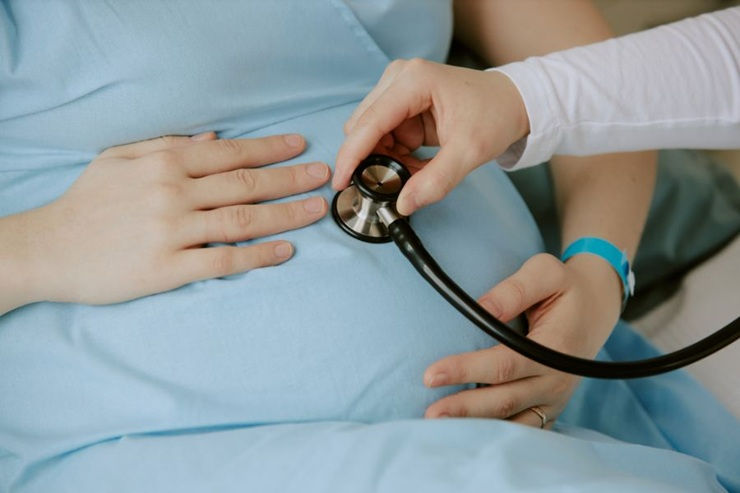Three coffees a day could help keep the doctor away
- Feb 17, 2022
- 2 min read

Researchers have found people who drink up to three cups of coffee a day could have a healthier heart and a lower risk of dying of any cause.
An international team, including NIHR Southampton Biomedical Research Centre’s Prof Nicholas Harvey, assessed the long-term impact of drinking daily coffees.
The results, published in the European Journal of Preventive Cardiology, found that between half and three cups a day could be beneficial, showing links between moderate coffee drinking and a healthier heart.
Using big data
The researchers used data from the UK Biobank, a unique ongoing cohort study comprising half a million UK adults of middle to older age.
The information included detailed assessment of many factors such as health, lifestyle, physical activity, medications and diet, including coffee intake.
Researchers used this to establish how many cups of coffee, and what type (decaffeinated, ground, instant or other), were usually drank each day.
They then linked this information to data on new cardiovascular events, such as a heart attack or related death during the following 11 years.
A subset of 30,650 participants had cardiovascular magnetic resonance (CMR) scans – which use a strong magnetic field to create detailed images – to assess the health of their heart.
Beneficial effect in moderation
The study found that people who drank between half a cup and three cups of coffee each day had a lower risk of death, compared to those who didn’t regularly drink coffee.
They also showed signs of having a healthier heart, with the left ventricle having thicker muscular walls and the heart pumping more blood in each beat.
Those who drank more than three cups had stronger hearts, but not a lower risk of death. The NHS advises people not to drink more than four cups a day, as it may increase your blood pressure.
The study was jointly led by Prof Steffen Petersen from the NIHR Barts Biomedical Research Centre in London and Dr Pál Maurovich-Horvat from Semmelweis University in Budapest. It was funded by the Thematic Excellence Programme of the Ministry for Innovation and Technology in Hungary.
Prof Harvey, Professor of Rheumatology and Clinical Epidemiology, and Deputy Director at the MRC Lifecourse Epidemiology Centre, University of Southampton, said:
“The findings from this study are intriguing, and provide further support for current recommendations. Further work will be needed to understand whether there is a direct benefit of coffee on health or whether these findings are simply due to the wide range of other health and lifestyle factors associated with coffee drinking, which in turn might influence health outcomes.”



Comments